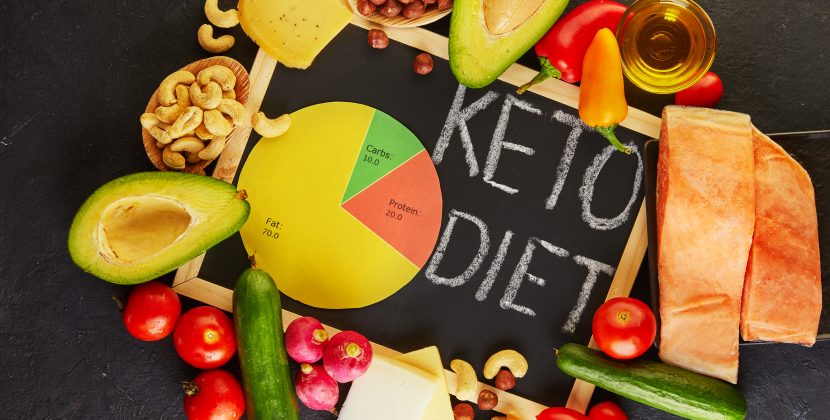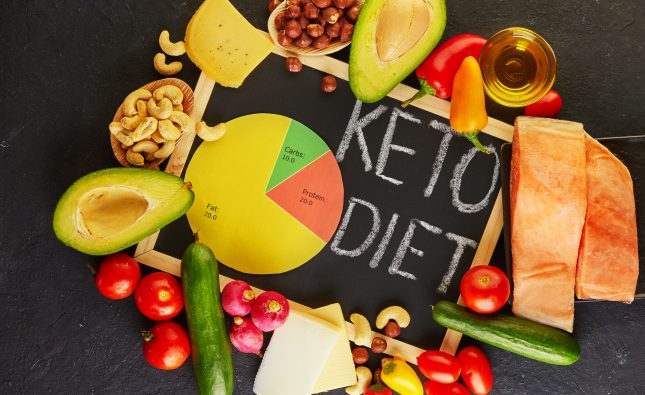
Can Your Diet Affect Fertility? What Science Says About Food and Sperm Quality
Male fertility is declining — and it’s not just about age, stress, or tight underwear. The truth is, what you eat plays a critical role in the health of your sperm, your hormones, and your ability to conceive. Yet, while women are often told to adjust their diet when trying for a baby, men are left out of the nutritional conversation entirely.
That ends here. This article dives into the evidence-backed connection between nutrition and sperm quality, highlighting the foods that support male fertility — and those that quietly sabotage it.
Why Male Fertility Is a Nutritional Issue
Sperm are highly sensitive cells. From their shape and mobility to their DNA integrity, their health is influenced by oxidative stress, hormone balance, and nutrient availability — all of which are affected by your diet.
Poor eating habits increase inflammation and free radical activity, which can damage sperm at a cellular level. On the other hand, a diet rich in antioxidants and essential vitamins helps protect and build high-quality sperm — improving both count and function.
And since sperm regenerate every ~64–74 days, the impact of dietary changes can be seen in as little as 2–3 months.
Key Nutrients That Support Sperm Health
🧬 Zinc
- Crucial for testosterone production and sperm development.
- Deficiency is directly linked to lower sperm count and motility.
- Found in: oysters, red meat, pumpkin seeds, lentils.
🧬 Folate (Vitamin B9)
- Supports DNA synthesis and reduces chromosomal abnormalities.
- Low folate levels can lead to sperm with damaged genetic material.
- Found in: leafy greens, asparagus, citrus, legumes.
🧬 Vitamin C
- A powerful antioxidant that protects sperm from oxidative damage.
- Helps improve sperm motility and morphology.
- Found in: kiwis, oranges, strawberries, bell peppers.
🧬 Selenium
- Supports the production of selenoproteins that are essential for sperm motility.
- Deficiency is linked to poor sperm structure and function.
- Found in: Brazil nuts (just 2 per day can suffice), tuna, sunflower seeds.
🧬 Omega-3 Fatty Acids
- Improve sperm membrane fluidity and overall motility.
- Also help reduce inflammation and support hormone production.
- Found in: fatty fish (salmon, sardines), chia seeds, walnuts.
Foods That May Harm Sperm Quality
🚫 Processed meats
Linked to reduced sperm count and morphology due to additives, saturated fats, and potential hormone residues.
🚫 High-sugar diets
Increase insulin resistance and inflammation, both of which negatively affect testosterone and sperm health.
🚫 Trans fats
Associated with decreased sperm concentration and abnormal sperm morphology.
🚫 Excessive soy (especially isolate-based products)
Some studies suggest that high intake of phytoestrogens may interfere with testosterone activity, though results are mixed.
🚫 Pesticide-laden produce
Chemical exposure may impair hormone regulation and sperm function — opt for organic when possible.
What a Fertility-Supporting Diet Looks Like
Focus on:
- Colorful vegetables and fruits (antioxidants)
- High-quality protein from eggs, fish, legumes
- Healthy fats (olive oil, nuts, avocados)
- Whole grains and fibers for insulin sensitivity
- Plenty of water
Reduce or eliminate:
- Sugary drinks and fast food
- Ultra-processed snacks and fried items
- Alcohol (especially binge drinking)
- Caffeine in excess
Even small, consistent changes — like swapping chips for nuts, or soda for water with lemon — can make a measurable difference over time.
Lifestyle Habits That Complement a Fertility-Friendly Diet
- Quit smoking – it damages sperm DNA and reduces motility.
- Manage stress – chronic cortisol disrupts hormonal balance.
- Exercise moderately – improves circulation and hormone regulation.
- Sleep well – testosterone is produced during deep sleep phases.
- Avoid overheating – saunas and laptops on laps may impair sperm production.
Fertility is a system, and food is the fuel. But without supportive habits, the tank never fills completely.
Final Thoughts
Male fertility isn’t fixed — it’s fluid, adaptable, and responsive to how you treat your body. Food isn’t just fuel — it’s biochemical information that tells your reproductive system whether the environment is safe to produce life.
So if you’re trying to conceive — now or someday soon — know that what you put on your plate today can shape your future family tomorrow.










